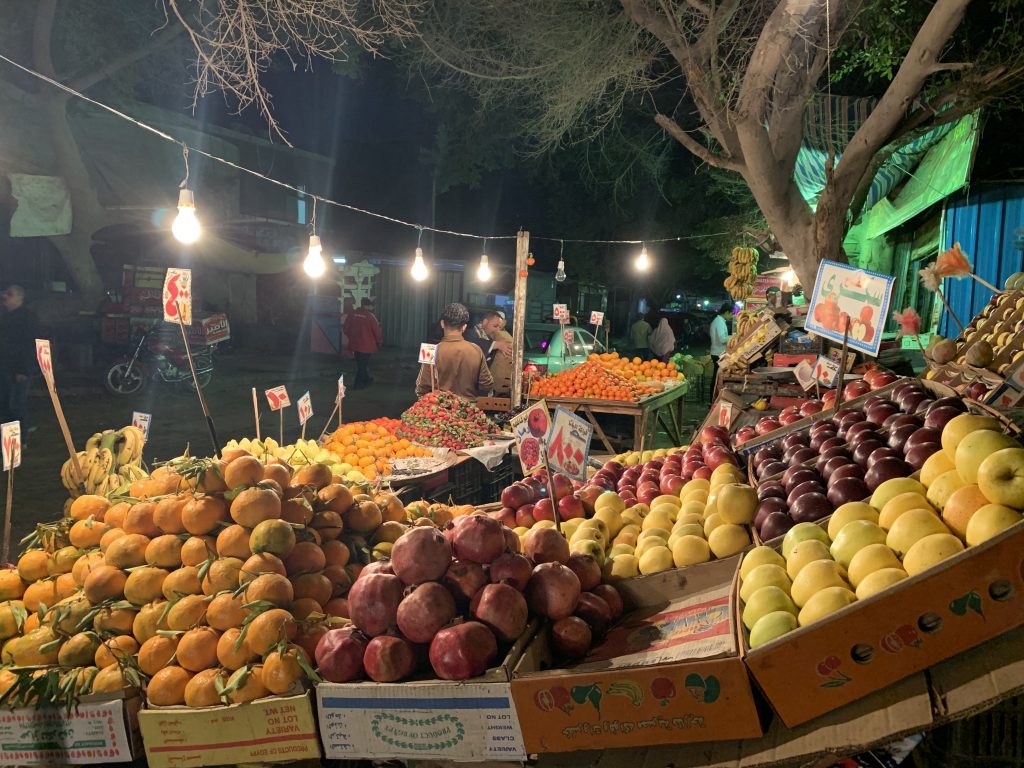Chronic malnutrition is a scourge for the African continent. Children affected often live in rural communities and are denied a fair chance to reach their full potential as early as when they are conceived, because their mothers, and then themselves during the first 2 years of their lives, do not eat enough fruits, vegetables, and meat.
These foods contain essential vitamins and minerals, which are vital to the development of a healthy brain and body. As adults, those children will earn on average 22% less, making it almost impossible to lift themselves out of poverty, and contribute fully to the economic growth of their nations.
This disease affects one out of three children in Africa on average, and the continent is the region with the highest prevalence. In 24 African countries, more than 30% of children under five are stunted, a consequence of chronic malnutrition.
To prevent the disease a holistic approach is necessary. Communities must have access to basic health services, clean water and sanitation, and a diversified diet that includes nutritious food.
The question of nutritious food remains one that Africa must tackle with greater efforts, by improving our food systems, adapting them to the negative effects of climate change, and reducing the gender gap in agriculture.
Nutrition-sensitive foods
The food systems must be strengthened to make them nutrition-sensitive, so that at every step of the chain, from the production, to the transformation, transportation, and consumption of food, mechanisms are put in place to ensure that what we eat all across Africa is nutritious.
Encouraging the diversification of production to include vegetables and fruits is a good option; we also have to make sure that the seeds and techniques used are adaptive to climate change.
Another option is the biofortification of staple crops, to maximise the nutritional content of the millet, sorghum, maize or sweet potatoes eaten on a daily basis in rural communities.
Access to transport and cold-chain infrastructure is important, so that the nutritional value of food can be preserved while it is sent from the rural areas to the cities. Local small and medium enterprises working in the nutritious food industry have an important role to play, but they need to have access to finance to develop their activities and propose nutritious food items. By supporting these companies, we stimulate the market and increase the demand for nutritious food.
Another important element to consider is the gender gap in agriculture: In sub-Saharan Africa, women represent half of the smallholder farmers. Yet, they have less access than men to land, productive assets, innovative techniques and funding.
If we want to reduce malnutrition, we need to close this gender gap in agriculture, because when women are empowered economically, they invest in their children’s nutrition. When children receive good nutrition, communities thrive.
In addition, we know that closing the gender gap in agriculture would lead to a yield increase of 20-30%, which would lead to 100-150m people being lifted out of undernutrition.
We need greater investments to transform African food systems, a key to reducing malnutrition, but also, managing Covid-19, which is threatening to wipe out the progress made to date.
The Standing Together for Nutrition platform has calculated that Covid-19 will lead to an additional 1.2m children affected by chronic malnutrition in Sub-Saharan Africa only, fuelled by income loss, especially for informal workers, disruptions in the supply chains, and strained access to health systems.
It is therefore urgent to act, so that the progress we made in reducing hunger and nutrition in the past decades are not lost. Africa’s human capital is at stake.
Assia Sidibe leads UNITLIFE, a UN initiative dedicated to fighting chronic malnutrition through innovation.
Carl Manlan is the Chief Operating Officer of the Ecobank Foundation. UNITLIFE and the Ecobank Foundation have launched the pan-African Make the Connection campaign, in order to raise awareness of chronic malnutrition and pool resources so that future generations do not suffer from its disastrous consequences.

